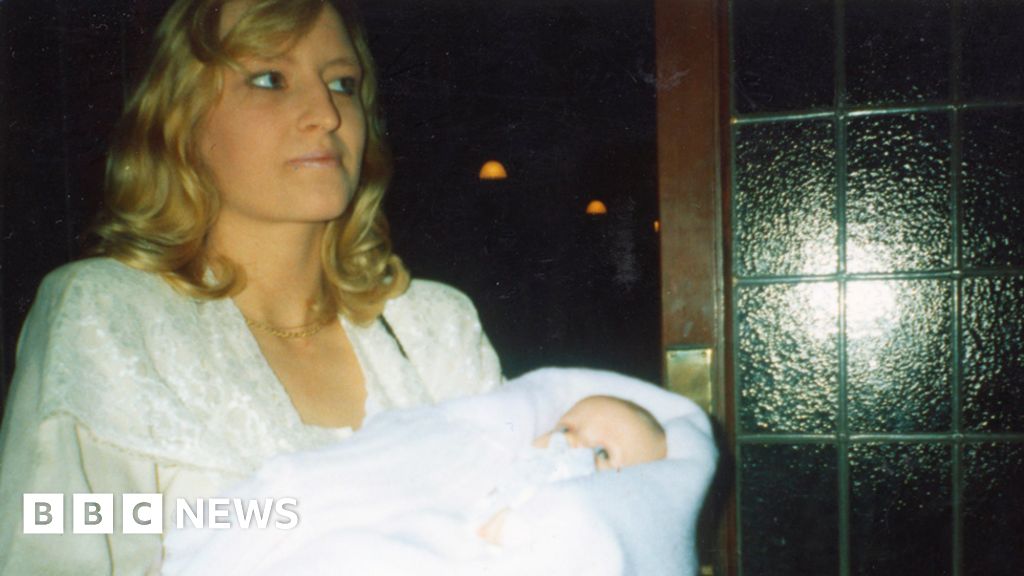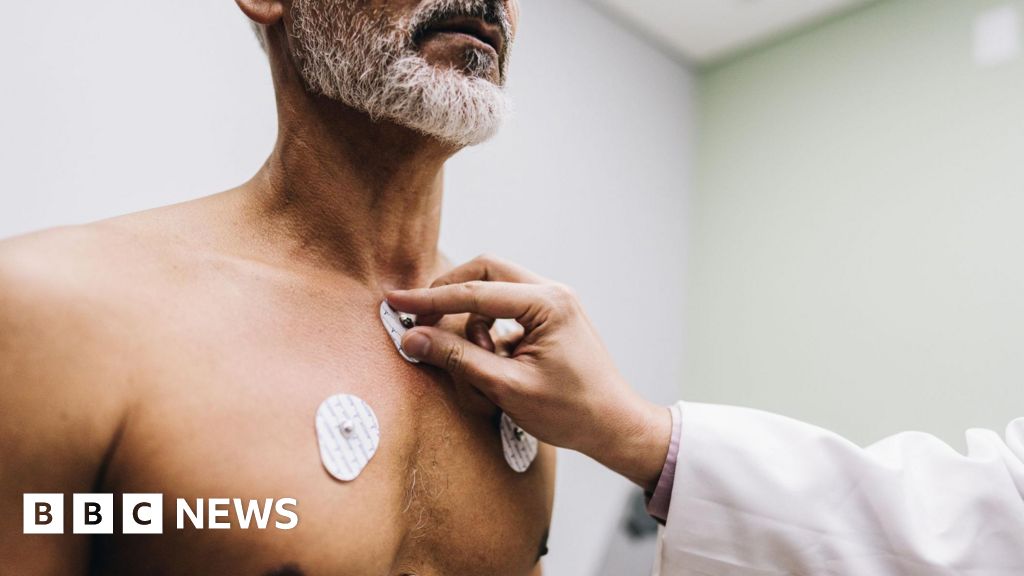Sam says his dad didn’t know he had been infected with HIV for many years.
Gary unwittingly passed the virus on to his wife Lesley. She later gave birth to a daughter, Abbey, who was born HIV+ and died at just four months old.
Lesley did become pregnant again and in 1992 Sam arrived, this time testing negative for HIV.
But just two years later, Lesley died of an Aids-related illness, followed just a year later by her husband.
“The sad thing is, I have literally no memories of them, just a handful of pictures,” says Sam. “It’s that constant gutting feeling of sadness, of wondering what growing up would have been like.”
Sam was brought up by his grandparents, who initially told him his mum and dad had died of cancer and a stroke.
He only started to learn what really happened in his early teens, although the stigma surrounding Aids meant he kept the details secret as, he says, “teenagers could be mean”.
“I’ve always suffered with anxiety and depression. If you lose your mum and dad at such a young age, it’s going to make you anxious,” he says.
“But then, in later life, I found out why and that just compounded the agony.”
Sam is one of hundreds of children to have lost parents to the scandal. To date, none have received government compensation.
In total, more than 30,000 NHS patients were infected with HIV and hepatitis C between 1970 and 1991 through contaminated blood products such as Factor VIII and IX – or blood transfusions after surgery, treatment or childbirth.
In other countries – from France to Japan – investigations into the medical disaster were completed many years ago. In some cases, criminal charges were brought against doctors, politicians and other officials.
In the UK, campaigners say the scandal has never had the same level of attention.
A private inquiry in 2009, funded entirely by donations, lacked any real powers, while a separate Scottish investigation in 2015 was branded a “whitewash” by victims and their families.
In 2017, following political pressure, then-Prime Minister Theresa May ordered a UK-wide public inquiry.
Led by the former high court judge, Sir Brian Langstaff, it had the power to compel witnesses to give evidence under oath and order the release of documents.
After a series of delays, his final report is now due on 20 May.



